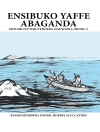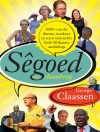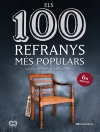This book argues for an approach to linguistic ethnography which departs from the singular gaze of the academic researcher, to amplify instead the voices of participants, researchers and collaborators. The authors offer an account of writing ethnography polyphonically, incorporating the complexity of individual voices. In doing so they challenge the imperative to make meaning from, and explain the culture of, ‘the other’. Together, the essays open up the emic perspective by considering the experiential, aesthetic, emotional, moral and ethical value people bring to encounters with others. The book is an essential addition to research methods courses in applied linguistics and sociolinguistics, and an invaluable contribution to knowledge about research-based drama, theatre and creative practice.
表中的内容
Acknowledgements
Part 1: Encounters in Linguistic Ethnography
Essay 1. Linguistic Ethnography
Essay 2. Developing an Ethical-Aesthetic Perspective in Linguistic Ethnography
Part 2: Enacting Linguistic Ethnography
Essay 3. Polyphony
Essay 4. Poetry
Essay 5. Ethnographic Drama
Essay 6. Performance
Essay 7. Politics
Part 3: Relations in Linguistic Ethnography
Essay 8. Relational Ethics
Essay 9. Responsibility and Trust
Essay 10. Strangeness and Proximity
Essay 11. Difference
Essay 12. Movement and Affect
References
Index
关于作者
Angela Creese is Professor of Linguistic Ethnography at the University of Stirling, UK. She has published widely on multilingualism and ethnographic methods.












